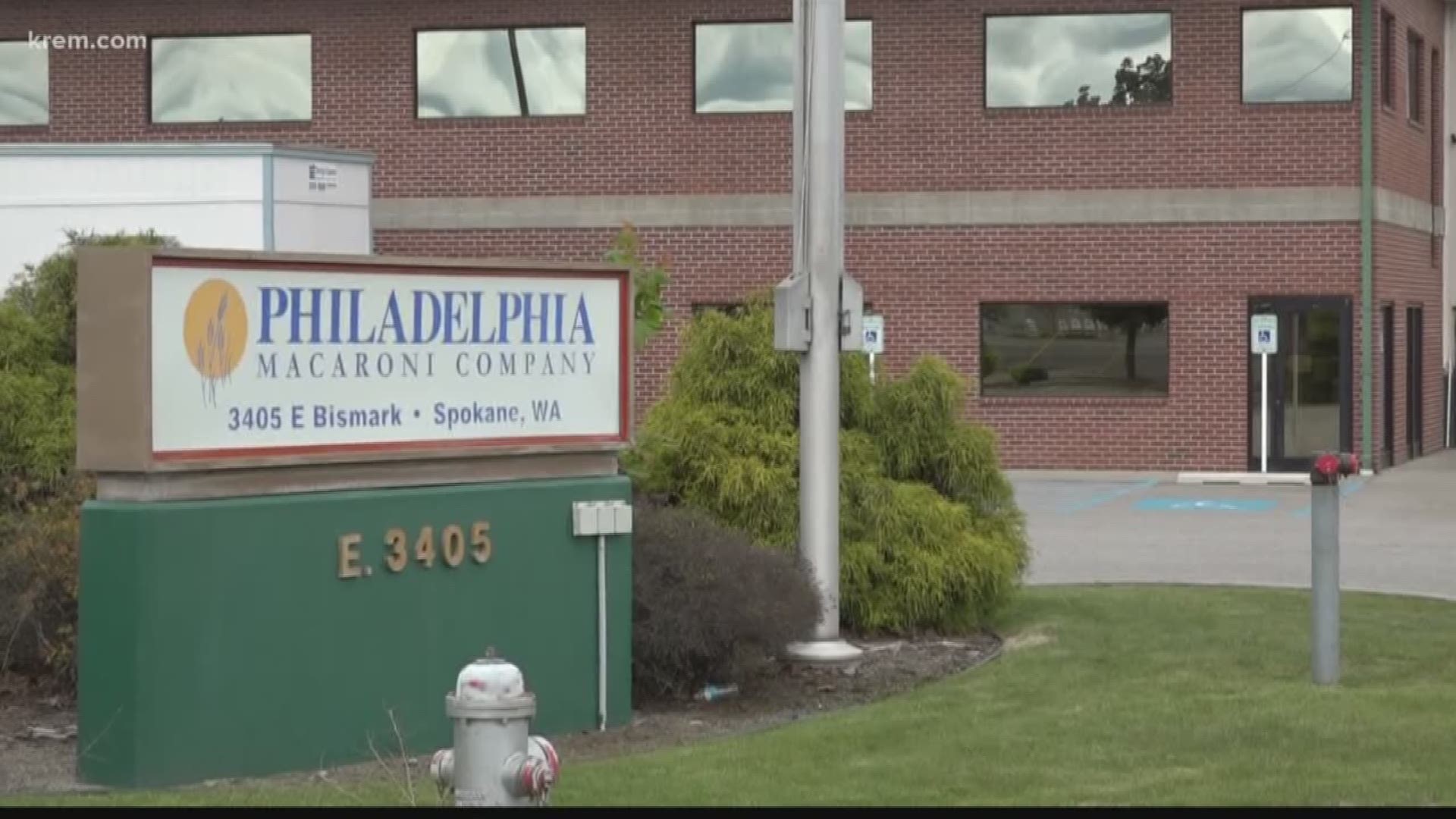SPOKANE COUNTY, Wash. — A "cluster outbreak" is responsible for Spokane County seeing more than 100 new coronavirus cases in the past week, according to the Spokane Regional Health District.
There are a total of 570 confirmed coronavirus cases in the county as of Friday, May 29. That's an increase of 151 cases since last week.
But health officials say the new cases won't impact Spokane's reopening in Phase 2, or prolong the time between Phase 2 and Phase 3 reopening.
A cluster outbreak, according to Hawkins, is when an illness is spread through a group that is known to have close contact with each other, making it easier to track.
Due to this cluster outbreak, the health district ramped up testing, Hawkins said.
"When you’re investigating an outbreak, then you’re going to have increased testing and you’re going to discover more positive cases, many of whom may be asymptomatic," Hawkins said.
According to SRHD spokesperson Kelli Hawkins, the outbreak was among a specific group of people at the Philadelphia Macaroni Company in Spokane and health officials aren't worried about seeing community spread from the cluster.
Thirty-five employees at the pasta plant have tested positive for coronavirus, Spokane County Health Officer Dr. Bob Lutz said on Wednesday. Packaging, processing and manufacturing plants are "very high-risk settings" during the coronavirus outbreak, he added.
The health district believes that despite social distancing protocols at the pasta factory, employees were infected by sharing the same space and the same air for an extended period of time.
Most of the other new cases are in households related to that outbreak, Hawkins said.
The outbreak took place before Spokane opened in Phase 2 on May 22, so the people who tested positive were only in contact with their households.
The facility has been shut down for disinfecting and employee testing.
“When we investigate positive cases, the result of reaching out to those who came in close contact is an increase in testing and possible discovery of more positive cases, many of whom may not have symptoms," Lutz said. "They now know to self-quarantine to help keep others in our community healthy.”
Lutz explained that the current outbreak is an example of how people in a congregate setting can easily spread the virus to one another, reiterating that the public must remain vigilant with "Stay Home, Stay Healthy" measures.
According to Hawkins, the district knows who may have been exposed and is carrying out testing and asking those testing positive to quarantine for 14 days, regardless of if they're showing symptoms. She also said that as contact tracing and testing increases due to a cluster outbreak investigation, it's likely that the number of positive tests will also increase.
Impact on Phase 2 reopening
To be sent back to Phase 1, Spokane County would have to see a rise in community transmission of the virus to a point where local health organizations weren't able to contain it.
The county could also be sent back if a cluster outbreak caused the county to fail to meet other variance criteria:
- No or minimal access to COVID-19 testing
- Inadequate surge capacity in the hospitals
- Inadequate PPE supplies
- Inadequate case and contact investigations
- Inadequate isolation or quarantine facilities
- Any other conditions warranting significant concern
Lutz said on Wednesday that local health officials are in conversation with the state Department of Health regarding the outbreak, adding that leaders there have been supportive of Spokane's efforts.
Leaders with the DOH have not said as of Wednesday that Spokane County's variance will be rescinded, Lutz added.
Hawkins also said the outbreak will likely not prolong the time Spokane has to wait until Phase 3 opening, currently tentatively set for June 12.
But Hawkins says that this is an example that shows an outbreak can still occur even if people follow guidelines.
"This is a great example of an organization that was following all the guidelines and you can still see that an outbreak can occur," she said.

